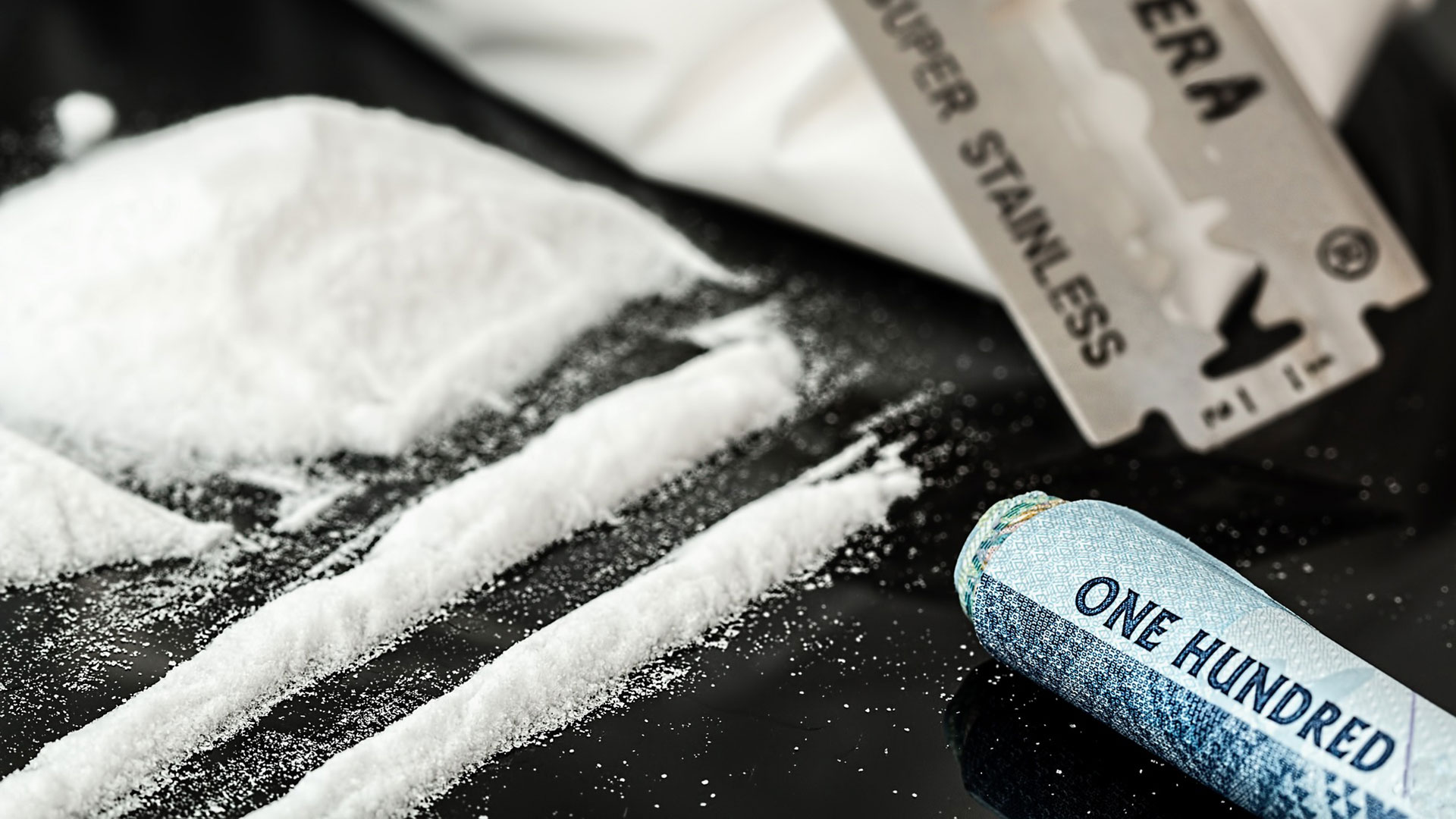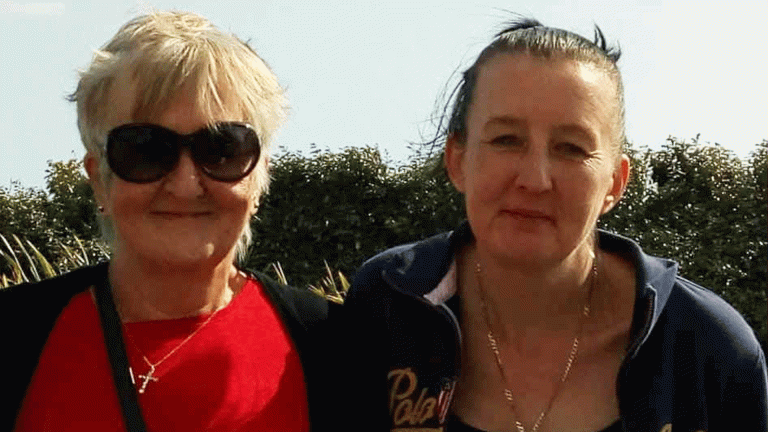Drug deaths in Scotland have soared by 27 per cent in just one year – and campaigners have pointed the finger at the “removal of the proper social safety nets”.
The National Records of Scotland figures revealed that 1,187 drug-related deaths were registered in Scotland in 2018. That’s the largest number ever recorded and continues on from the eight per cent rise recorded the year before.
The Scottish Public Health Minister Joe FitzPatrick has described the figures as “shocking” and pointed to the investment boost of £20 million a year that the Scottish Government has poured into their alcohol and drug strategy as well as setting up a Drugs Death Taskforce last month. The group will be assessing measures to reduce the number of deaths, including decriminalisation, which has been touted by a Daily Record campaign.
We need to consider what happens every time someone dies from drugs. The death sends ripples across a community. Kids lose parents. Parents lose kids. Other users become high risk in a state of permanent grief and fear. A shadow of death looms over the most excluded.
— Darren McGarvey (@lokiscottishrap) July 16, 2019
But campaigners have indicated that underinvestment in the social safety net is one of the main factors behind the deaths, warning that austerity has had a huge impact, while anger has also been directed at the UK government for both Universal Credit and a refusal to relax drug laws.
FitzPatrick said: “The number of people who have lost their lives because of drug use is shocking. It is vital this tragedy is treated as a public health issue, and we are prepared to take innovative and bold measures in order to save the lives of those most at risk.









